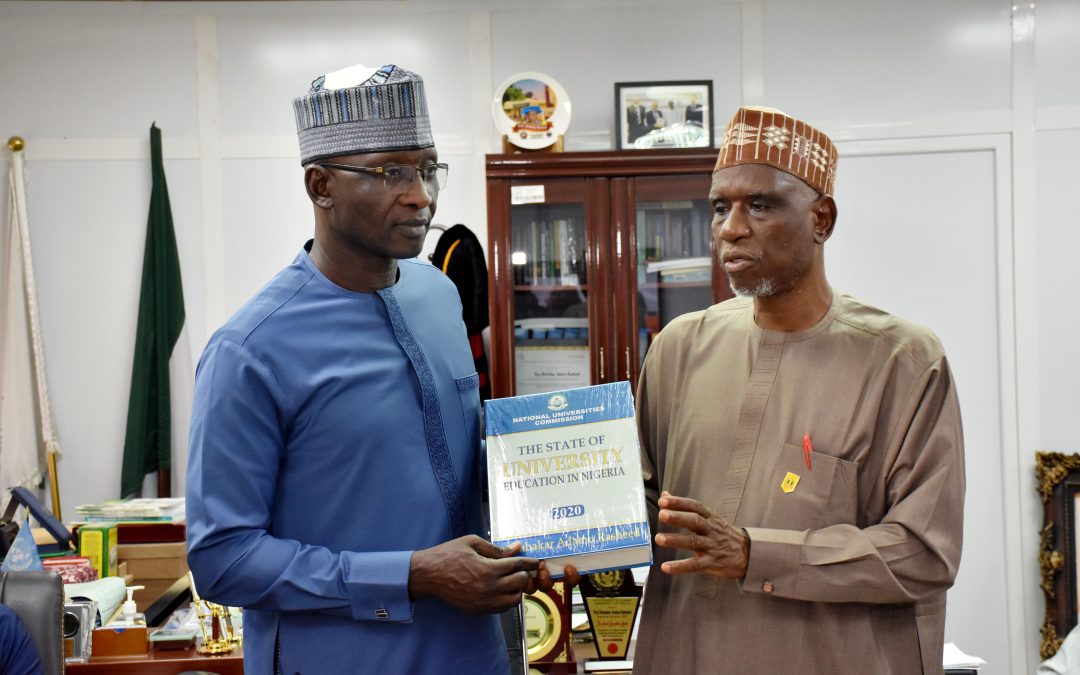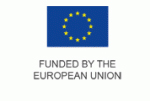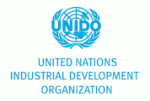The Nigerian Export Promotion Council, NEPC, has called for the introduction of Export Promotion as a course of study in the nation’s Universities.
The Executive Director of NEPC, Dr. Ezra Yakusak made the call when he paid a courtesy call on the Executive Secretary of National Universities Commission, NUC, Prof. Abubakar Adamu in Abuja.
Dr. Yakusak said the call became necessary to inculcate export culture in the younger generation most especially Nigerian University students.
He stated that with over 200 universities in the country, the course when introduced would go a long way in making undergraduates employers of labour and self reliant after graduation.
According to him, the introduction of the course would compliment the Council’s efforts at promoting the Export for Survival Campaign which is targeted at increasing the export of Nigeria’s non-oil products.
The Executive Director of NEPC explained that the Council had already introduced the Youth For Export Programme as part of strategies to catch them young and reduced the ‘Japa’ syndrome among Nigerian youths.
He therefore solicited the support and partnership of NUC towards realizing NEPC’s mandate through the introduction of the Export Promotion course in Universities thereby fast tracking the diversification of the nation’s economy through the export of non-oil commodities.
Responding, the Executive Secretary of NUC, Prof Abubakar Adamu who commended NEPC for the initiative expressed the Commission’s readiness to support NEPC on the introduction of the Export Promotion course in the nation’s University curriculum.
Prof. Adamu emphasized the need for Nigerian students to embrace entrepreneurship and innovations that would enable them contribute to national development.
In a remark, the Vice Chancellor of Federal University, Lokoja, Kogi State, Prof. Olayemi Akinwumi who also lauded NEPC for the move expressed the University’s readiness to key into the Export for Survival Campaign of the Council through massive production of improved cassava under the Institution’s agricultural programme.








Recent Comments